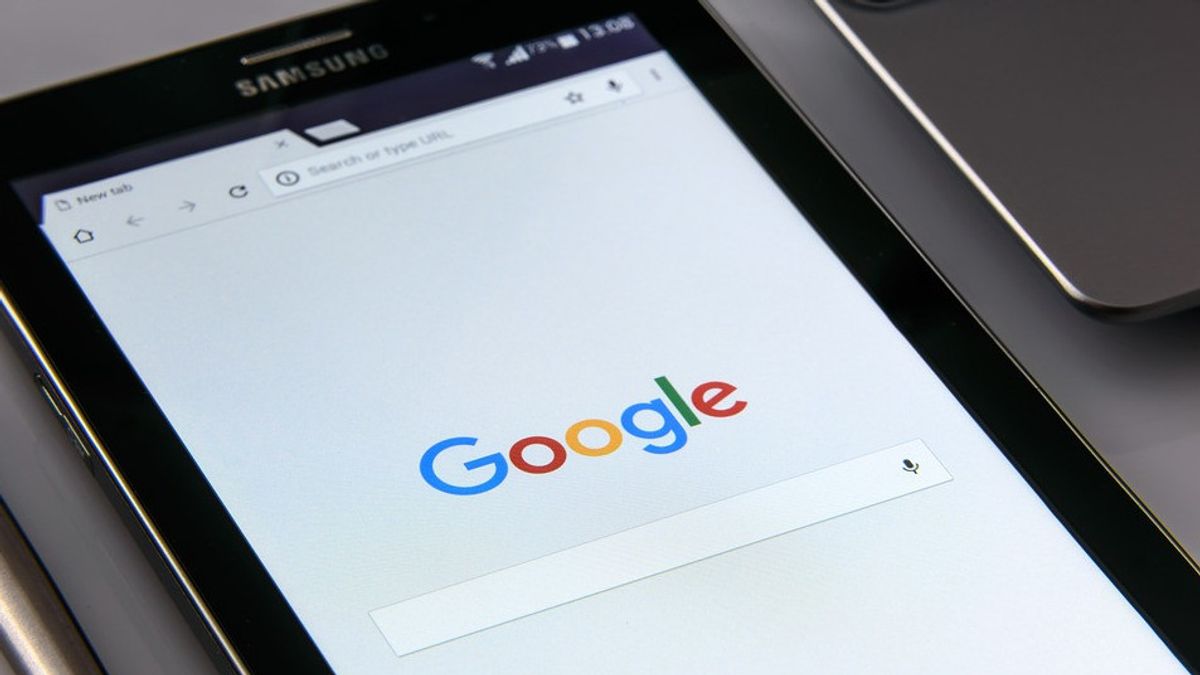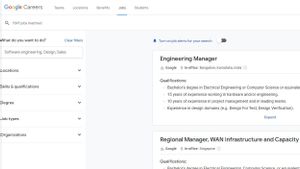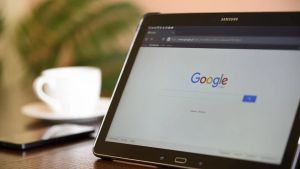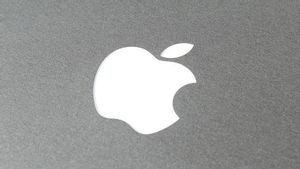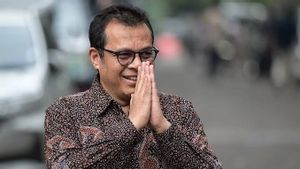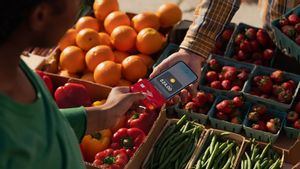JAKARTA - The South African Competition Commission, which has been investigating the online marketplace for more than a year, has temporarily found that Google's paid search results distort competition, making it a "de facto monopoly" in general search.
Governments around the world have strengthened regulations on US tech giants who have grown stronger during the COVID-19 pandemic. There have been several investigations globally into their market position, including in the United States and the European Union.
The competition watchdog said in a statement the prevalence of Google's paid search at the top of search results pages "without adequate identifiers as advertising increases the platform's customer acquisition costs and supports large, often global platforms."
While "the preferential placement of their own specialist search units also distorts competition in Google's favor."
According to a Google spokesperson, they will review the report and work constructively with the commission to answer their questions.
"The competition that Google faces is always increasing: there are more ways people can find information, from specialized sites for travel and shopping, or from other search engines, social media and elsewhere," the spokesperson said.
VOIR éGALEMENT:
The interim watchdog recommends that paid results be clearly labeled as advertising with borders and shadows to make it clearer to consumers and that the top of the page be reserved for organic or natural search results based on relevance only and not affected by payment.
The findings also recommend that Google allow competitors to compete with prominence in search by having their own specialist units and without guaranteed positions for Google.
"The investigation is also exploring whether Google's default search position on mobile devices should end up in South Africa," he added.
The search giant faces multiple investigations in the United States and Europe, while Britain's competition regulator in May launched a second probe into Google's advertising practices.
The English, Chinese, Japanese, Arabic, and French versions are automatically generated by the AI. So there may still be inaccuracies in translating, please always see Indonesian as our main language. (system supported by DigitalSiber.id)
